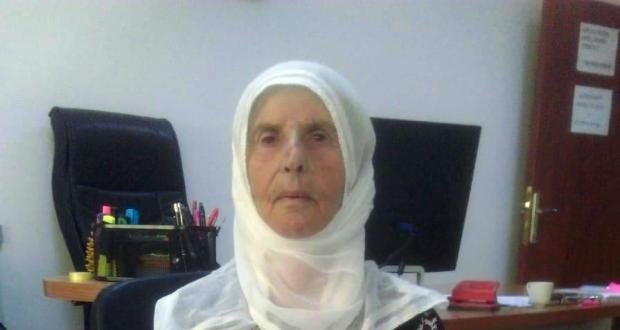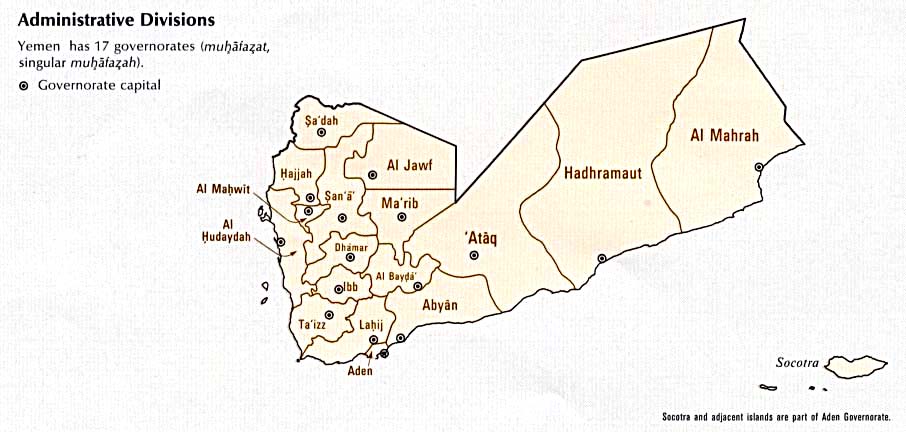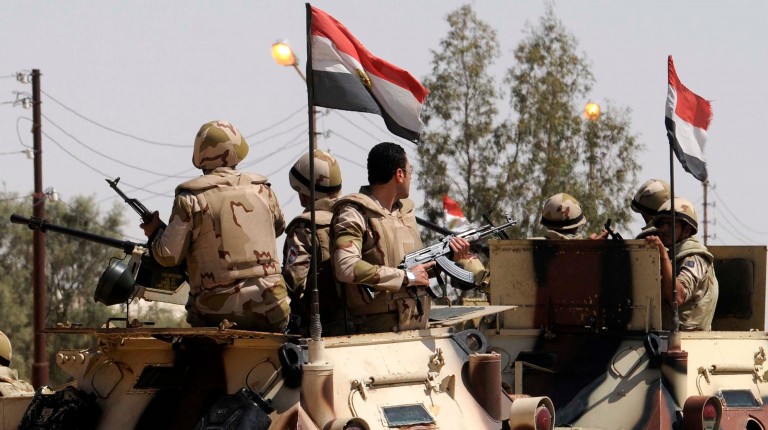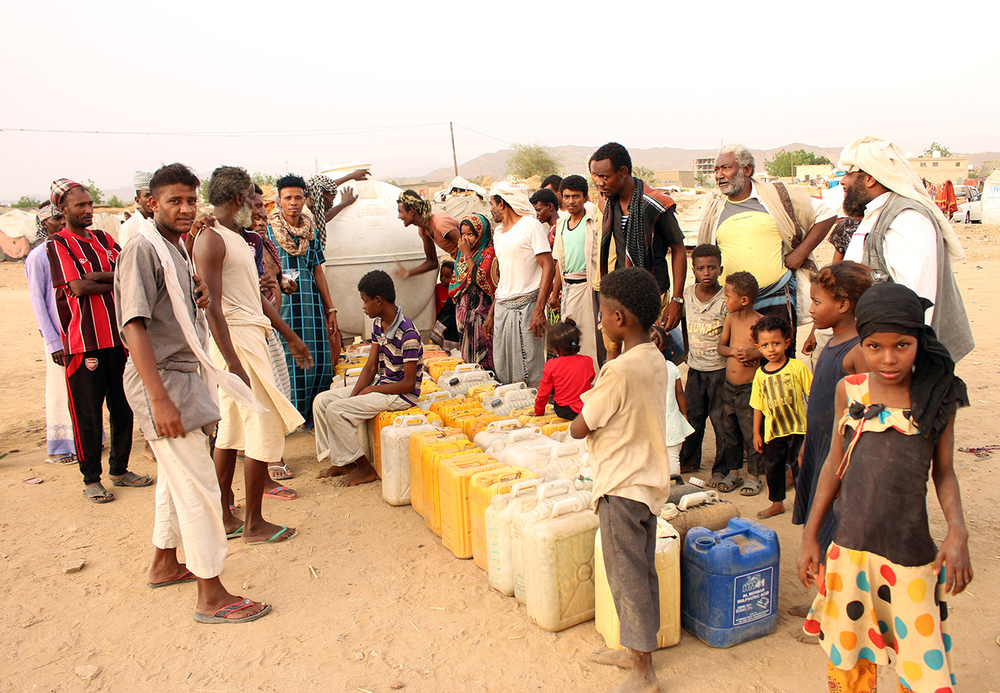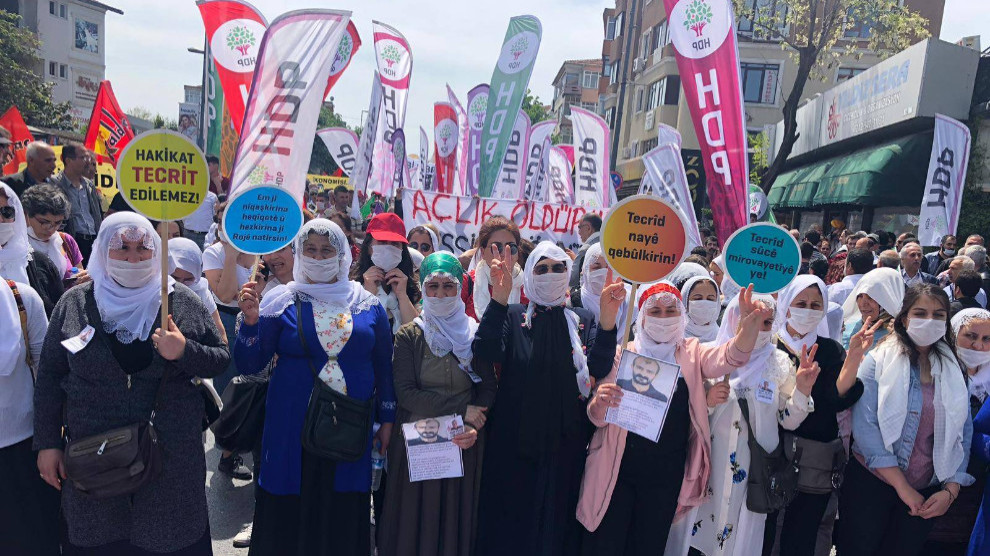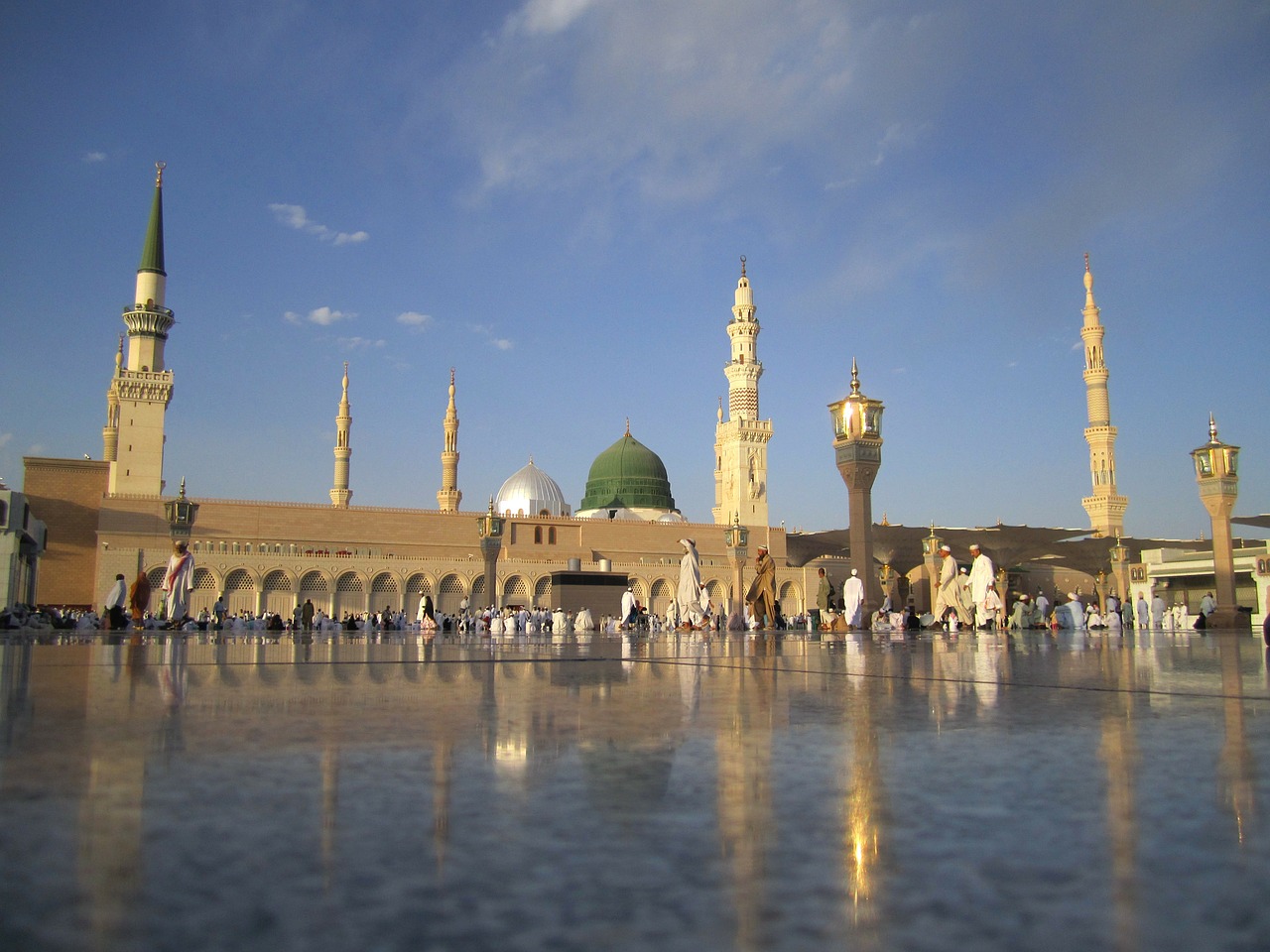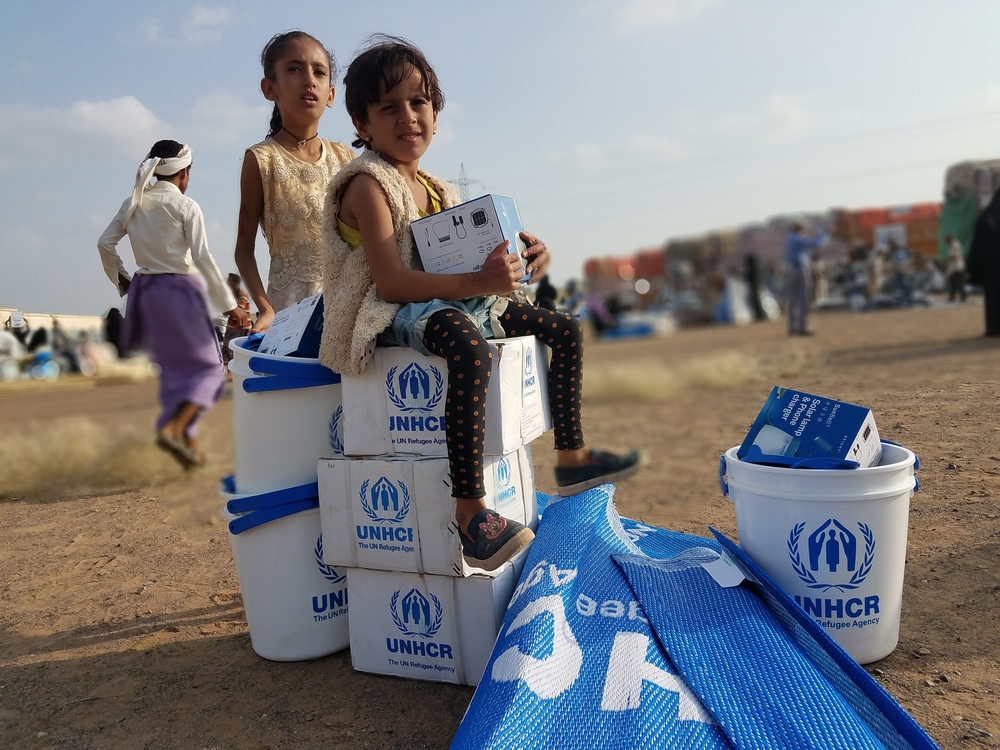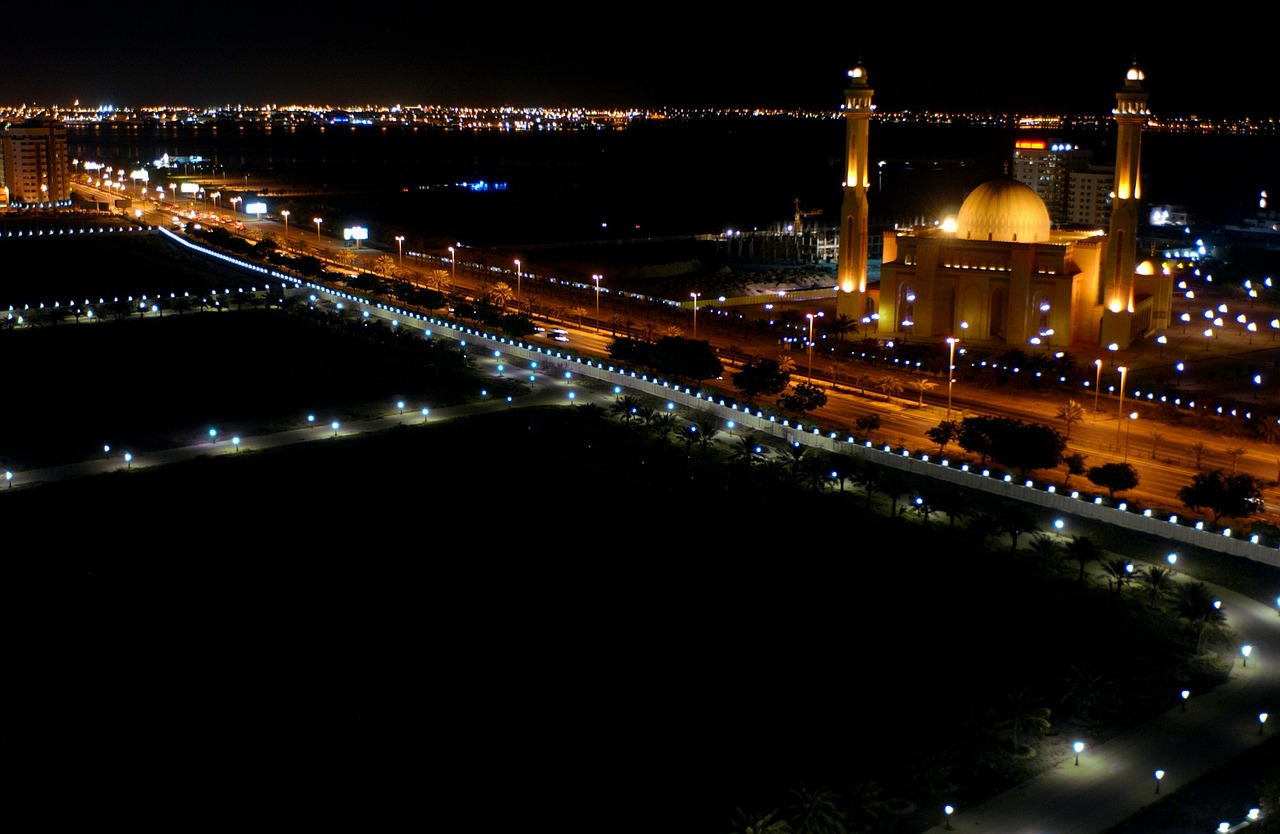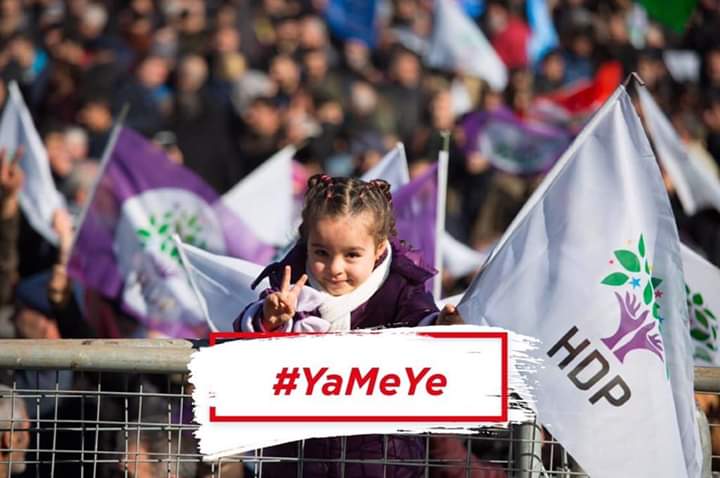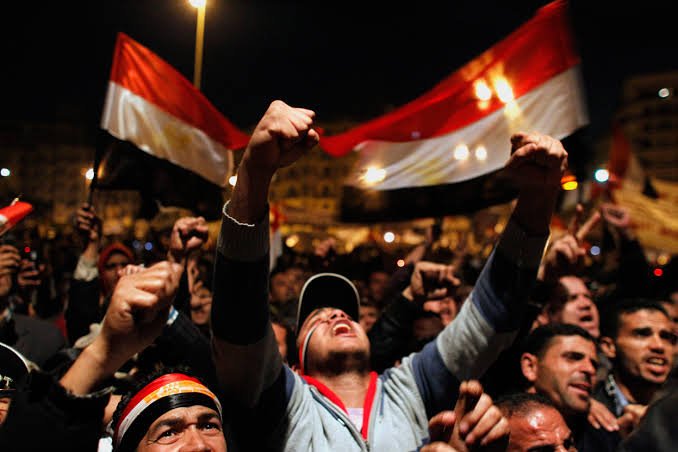
Egyptian revolution rebooted
Anti-government protests broke out across Egypt, with thousands joining demonstrations calling for the ouster of President Abdel Fattah el-Sisi—a rare show of defiance since he established his dictatorship four years ago. Demonstrators filled Cairo’s Tahrir Square, center of the 2011 uprising that toppled longtime autocrat Hosni Mubarak. Protesters also gathered in Alexandria, Suez and Gharbiya. Videos posted on social media showed demonstrators chanting “rise up, fear not, Sisi must go” and, reviving the slogan of the 2011 Arab Revolution, “the people demand the downfall of the regime.” Hundreds of protesters were finally dispersed from Tahrir Square by the riot police. (Photo via Twitter)



